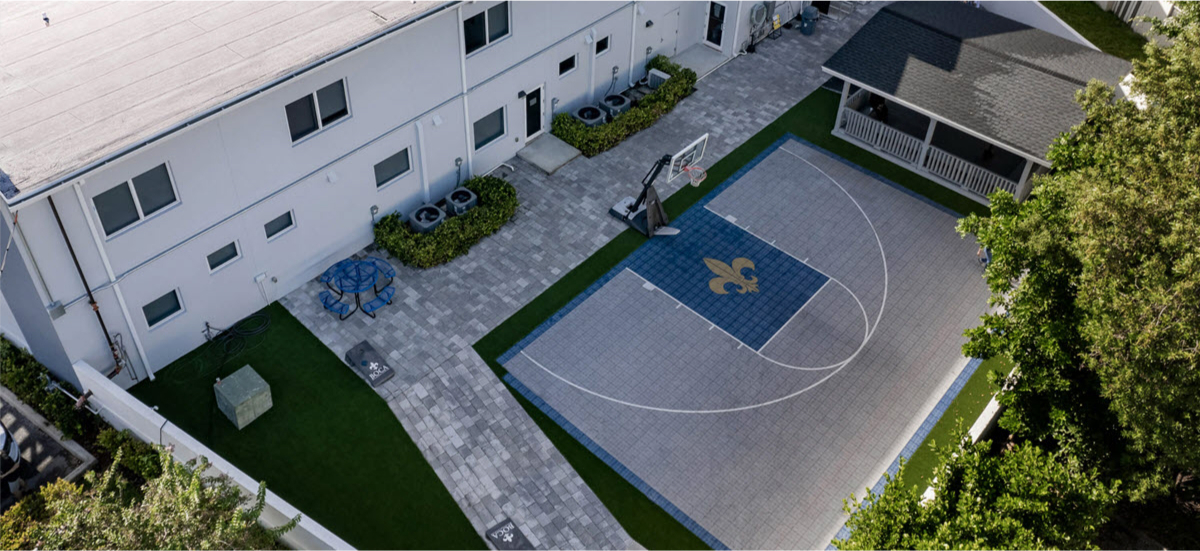Just like with any other drug, benzodiazepine use can be detected by a variety of tests. Primary testing methods for benzodiazepines include the following:
Are you or someone you know struggling with addiction?
I may have a problem I am concerned for a loved oneBlood test
Urine test
Saliva test
Hair follicle test
Benzodiazepine Half-life
Benzos are sometimes classified according to their half-life (also called elimination half-life). Think of these drugs in terms of short-acting, intermediate-acting, and long-acting.
Short-acting
1–12 hours
Intermediate-acting
12–40 hours
Long-acting
40–250 hours
- Short-acting benzos have an elimination half-life of around 1 to 12 hours.
- Intermediate-acting benzos have an elimination half-life of around 12 to 40 hours.
- Long-acting benzos have an elimination half-life of anywhere from 40 to 250 hours
Factors That Affect Benzodiazepine Duration
Certain physiological factors can affect how long benzodiazepines stay in an individual’s system, including these:
Age
Genetics
Sex
Ethnicity
Height
Weight
Metabolism
Drug half-life duration
Other behavioral factors can also affect the length of time benzos stay in your system, such as these:
Frequency of use
Dosage amount
Type of benzodiazepine drug used
As a result, how long benzodiazepines stay in an individual’s system can vary greatly from individual to individual.
How Benzos Affect the Body
Taking benzodiazepines consistently for an extended length of time can result in physical dependence. This can happen even if you are not misusing benzos and only taking them as prescribed.
Once dependence is present, quitting benzodiazepines can result in dangerous withdrawal symptoms, some of which can even be life-threatening. Benzo withdrawal symptoms include the following:
Increased anxiety and agitation
Increased heart rate
High blood pressure
Hand tremors
Insomnia or irregular sleep patterns
Nausea or vomiting
Visual and auditory hallucinations
Seizures
A tapered approach is always recommended for benzodiazepine withdrawal in order to keep individuals safe. This should only be done until medical supervision.
How Long Do Benzos Stay in Your System?
While blood and saliva are effective tests to determine whether or not an individual is currently on benzos or has been using them recently, urine and hair follicle tests are more reliable for a longer period after the last time the individual used the drug.
Urine tests can detect benzo use for five to eight days. For some individuals who abuse benzodiazepines, the detectability window can last for up to 30 days.
Hair follicle tests can detect drug use for the longest period of time, but they aren’t used as frequently. Urine testing is the most common because of its ease of use and relatively inexpensive cost.
Here is a breakdown of how long benzodiazepines can be detected on various types of drug tests:
| Test Method | Detectability Window |
|---|---|
| Blood | 12–24 Hours After Use |
| Urine | Short-acting: 24 Hours Long-acting: 5–8 Days |
| Saliva | Up to 48 Hours After Use |
| Hair | 4–6 Months |
Signs of Benzodiazepine Abuse
Benzodiazepines are commonly abused because of their powerful sedative properties. Since regular use quickly leads to dependence, addiction can quickly follow, as individuals feel cravings for the drugs and want to avoid uncomfortable withdrawal symptoms.
Symptoms of benzodiazepine abuse include the following:
Muscle weakness
Reduced libido
Blurry vision
Excessive drowsiness
Poor judgment and critical thinking skills
Using multiple doctors to get more prescriptions for benzodiazepines
Engaging in drug-seeking behavior
Expressing a desire to quit or cut back on use without being able to do so
Sudden changes in mood
Risky behavior, such as driving under the influence of benzos
Mixing benzos with alcohol and other drugs
Acute benzodiazepine overdose usually comes along with a variety of symptoms, including excessive sedation, impaired cognitive functionality, poor reflexes, and lack of postural stability. Even when used as prescribed by a medical professional, acute overdose can occur.
The final symptom of benzodiazepine overdose include respiratory depression or respiratory failure, which can result in coma or even death. Benzodiazepine overdose is much more common when benzos are mixed with other substances like opioids or alcohol.
How to Get Treatment for Benzodiazepine Abuse
Just like with any other substance use disorder, there are treatment options available for benzodiazepine abuse. With comprehensive treatment, people stop abusing benzodiazepines and go on to lead healthy, full lives.
Most often, individuals seeking treatment will need to undergo a physical detox, supervised by a medical professional. Quitting benzos cold turkey can lead to serious withdrawal symptoms that may require medical care, and in some cases, these withdrawal symptoms can be life-threatening. A tapered approach to detox is usually employed.
Therapy often begins alongside detox, helping individuals to identify problematic thought patterns that led to substance abuse. Therapists aim to help clients learn how to cope with triggers for substance abuse and how to begin to build healthier habits in recovery.
If substance abuse occurs alongside other mental health issues, treatment for co-occurring disorders is generally recommended. This ensures people have the best chance at sustained recovery since treating only one disorder, and not all existing issues, greatly increases the likelihood of relapse.
- Benzodiazepine Pharmacology and Central Nervous System–Mediated Effects. (Summer 2013). The Ochsner Journal.
- Outcomes After Implementation of a Benzodiazepine-Sparing Alcohol Withdrawal Order Set in an Integrated Health Care System. (February 2022). JAMA.
- Benzodiazepine Toxicity. (June 2022). StatPearls.
- Trends in Nonfatal and Fatal Overdoses Involving Benzodiazepines — 38 States and the District of Columbia, 2019–2020. (April 2021). Centers for Disease Control and Prevention.
- Experiences With Benzodiazepine Use, Tapering, and Discontinuation: An Internet Survey. (April 2022). Therapeutics Advances in Psychopharmacology.











